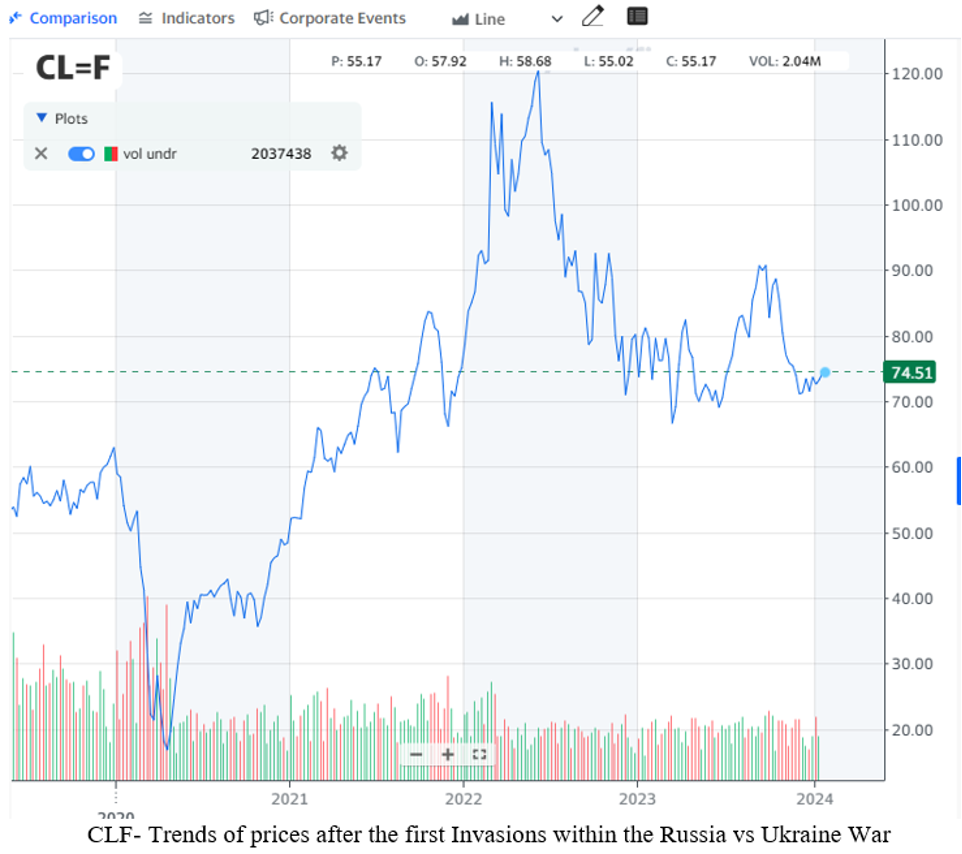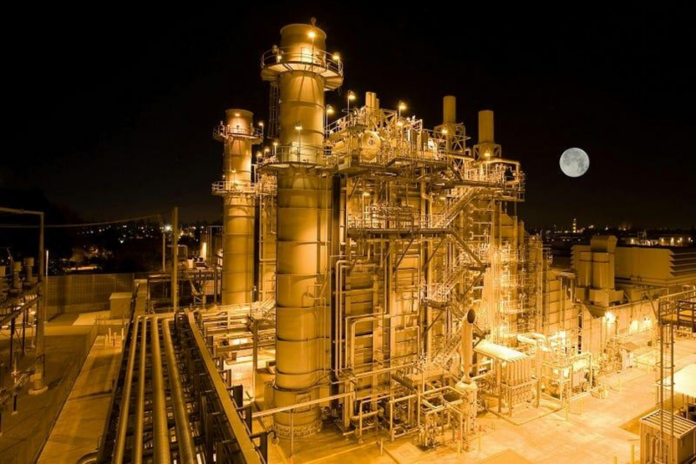Deconstructiung international reactions to the gas and energy crisis in Europe, with Davide Cornaggia.
by Tyra Sibanda
Since 2021, headlines such as « An energy crisis is gripping the world » and « The EU is divided on the response to unsustainably high prices » have flooded the press. A major source of political division, these fears now seem to have evaporated into thin air. For many, this then raises the question: did we overreact? Was there ever really a threat or has the well indeed begun to run dry?
To shed light on these important issues, we decided to interview Davide Cornaggia. Currently CEO of Energiechiare and board member of Xonox SRL. Davide has many years’ experience in the ENI group, where he was responsible for developing Eni UK’s capabilities in new European trading hubs, storage project evaluations, LNG project evaluations, and structured deals.

The interview
Tyra Sibanda: What do you think was the biggest weakness that caused the energy crisis?
Davide Cornaggia: My point of view is a little more nuanced than what has been conveyed by the press to the general public. The energy crisis began when Europe, namely Germany but also other countries, decided to completely change the energy mix, eliminating nuclear power and not investing in nuclear like France did. This created additional demand because the only alternative available at that time was natural gas. Coal was not the preferred choice for environmental reasons. Furthermore, it was not considered that domestic natural gas production was dramatically decreasing due to problems in the Groningen fields in the Netherlands. Groningen is a giant field that was developed in northern Netherlands but now closed due to tremors (small earthquakes, editor’s note).
As an Italian, I don’t consider them a real earthquake because they are only around 3.5 on the Richter scale, something that in Italy causes no problem. A Japanese person would also laugh at this.
But having little gas from the Netherlands meant Germany had to rely on Gazprom, and the German response – always excellent planners – was Nord Stream 2: because the existing pipeline, Nord Stream 1 was working flawlessly, with gas prices very low.
T.S.: So even though many publications rushed to blame the Russia-Ukraine war, the war was simply a facade for a pre-existing problem…
D.C.: The Russian invasion created some price tensions, but the highest prices were recorded in the summer. In my opinion, there were already elements during this crisis (Russia vs Ukraine war).
We got lucky
T.S: Do you think Europe overreacted?
D.C.: There was definitely an overreaction. There were some positive messages, during the winter, that governments were doing enough. Actually, in my opinion, they were not really doing enough. Europe overcame this energy crisis, partly because there was enough LNG (liquefied natural gas) available, but also because it was a very mild winter. We got through the winter thanks to our policies and actions (but) we were lucky.

D.C.: Furthermore, let me emphasize this: in my opinion, it was not only the Russian invasion that created the crisis, because the seeds of the crisis were already well present before the Russian invasion. As I said, the Russian invasion actually created some price tensions, but the highest prices were recorded the previous summer.
T.S.: What can governments do to secure themselves against future crises?
D.C.: Invest in nuclear, today. I don’t know if it will be feasible because it is not cheap. I don’t mean it’s expensive, but certainly not cheap. In my opinion, first of all, the German government should rethink its decision to close its nuclear power plants. This would provide some relief for a few years. Then invest heavily in technology because, in the end, it is always technology that provides the best returns in new ways of producing energy.
Hydrogen
D.C.: Furthermore, I am not at all convinced by Europe’s response, because the European Commission’s response is hydrogen. Hydrogen is more expensive to produce. It is not an easy gas to transport because it is very aggressive. So, presenting hydrogen as the « silver bullet » as the European Commission is doing, is not really a good answer for me. I am really worried about Europe.
T.S.: Anything else to add for our readers?
D.C.: Yes: this crisis created a global LNG benchmark, so that Europe would pay at least the same price as the Far East. But this created many problems. In the end, the government decided to foot the bill for this. But many industries are still deciding to go elsewhere because in Europe we have both high labor costs and high energy costs.
Beyond Europe
In a globalised economy, it makes sense to shop where resources are cheaper; for energy we turn to the United States, for labor we often go to China or Africa. As a result, employment in Europe is obviously suffering.
Ironically enough, Europe has avoided catastrophe this time around in part thanks to climate change, the mild Winter abating the strain on our already thinly spread resources. For now, the energy crisis is on the back burner. But if we are to prevent a similar crisis next Winter, governments need to invest in technology now to secure more sustainable, reliable sources of energy.
(Interview collected 17th January, 2024)



